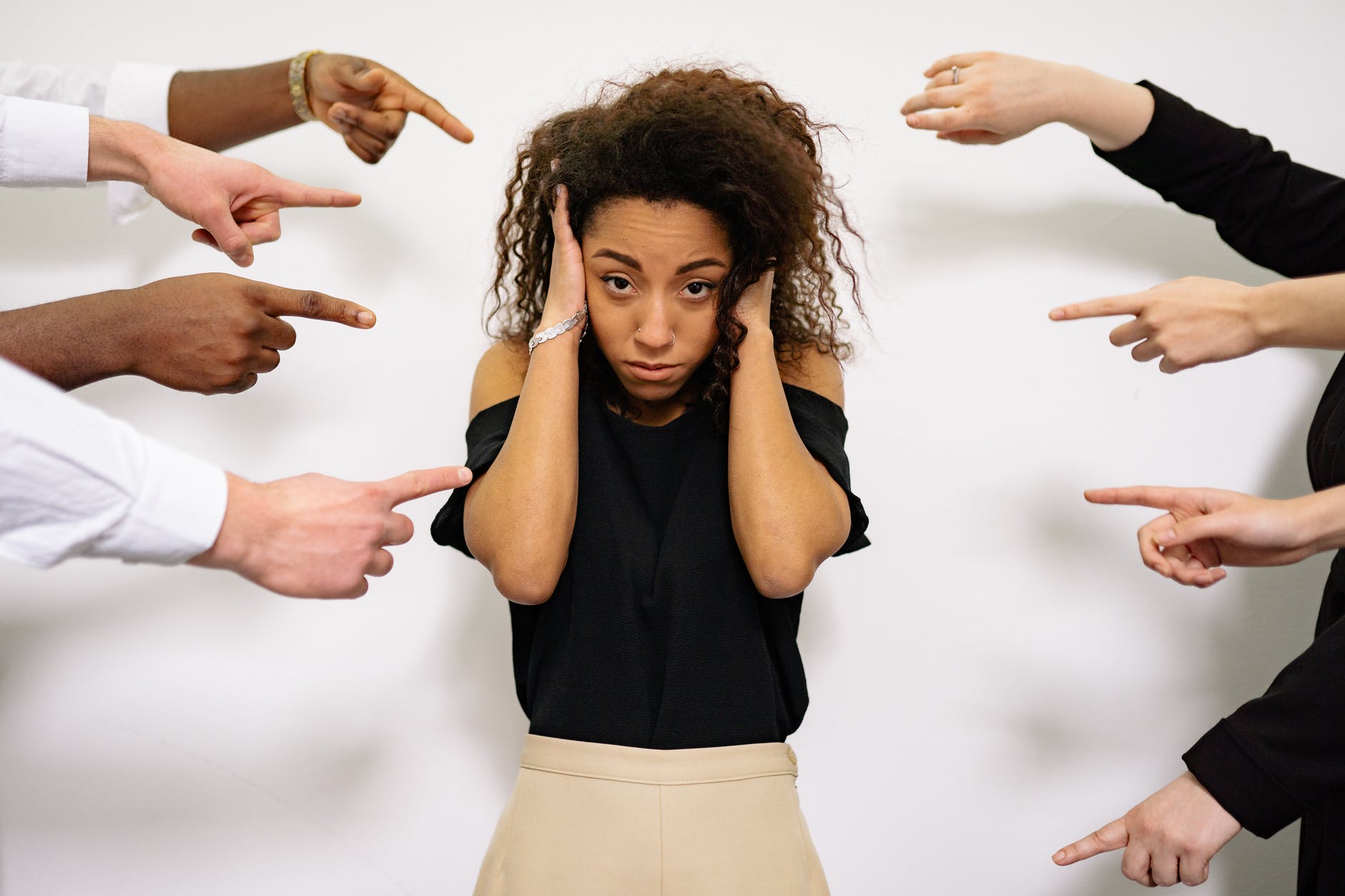
Most people will have experienced some form of anxiousness in a social situation at some point or another, such as going on a date or doing a presentation at work. This typically doesn't last very long and only happens occasionally. However, there are some people who suffer with extreme anxiety in everyday social situations and this is known as social anxiety disorder. This can cause people with the disorder to struggle with everyday life leading them to feel self conscious or embarrassed that they will be scrutinised or judged by others. This fear can lead to avoidance which may disrupt their life and have a negative impact on their relationships, daily routines, work, school and other activities. That being said, effective treatment for social anxiety disorder is available. Read our guide on social anxiety, the symptoms, causes, where to get help and treatment.
What Is Social Anxiety Disorder?
Social anxiety disorder, also known as social phobia, is a type of anxiety that causes overwhelming fear of social situations. People with social anxiety may find it difficult to talk to people, meet new people or attend social events as they fear that they will be judged by others. Social anxiety disorder typically starts during the teenage years and for some people, it gets better as they get older. However, for many others, social anxiety disorder doesn't go away on its own without treatment. It’s important that if you feel that you're suffering from social phobia that you reach out and get help as there are several treatments available that can help.
Social Anxiety Disorder Symptoms
While many of us will feel shy or worried from time to time, social anxiety disorder is much greater than this and it can be a fear that rules everyday life. Someone with social anxiety may feel an uncontrollable sense of fear before, during and after social events and it has been known to affect a person’s self confidence, relationships, work life or school life.
You may have social anxiety if you suffer from the following:
- Worry about everyday communication, such as meeting strangers, starting conversations, speaking on the phone, working or shopping
- Avoid or worry about social situations, such as being in a group, eating with other people and parties
- Worry about doing something you think is embarrassing out of fear of what others will think, such as blushing, sweating or appearing incompetent
- Find it difficult to do things when others are watching – you may feel like you're being watched and judged all the time
- Fear being criticised, avoid eye contact or have low self-esteem
- Often have symptoms like feeling sick, sweating, trembling or a pounding heartbeat
- Have panic attacks, where you have an overwhelming sense of fear and anxiety
Some people that suffer from social anxiety may also suffer from other mental health issues including depression and general anxiety disorder.
What Causes Social Anxiety Disorder?
The exact cause of social phobia is unknown but like many other mental health conditions, social anxiety disorder likely occurs from a complex range of biological and environmental factors. Possible causes of social anxiety include:
- Inherited genetics: Anxiety disorders often run in families and it’s common that if a person suffers from an anxiety disorder then other people in their family will also suffer from the same or similar disorder. However, it isn’t entirely clear how much of this may be due to genetics and how much is due to learned behaviour.
- Brain structure: A structure in the brain called the amygdala (uh-MIG-duh-luh) may play a role in controlling the fear response. People who have an overactive amygdala may have a heightened fear response, causing increased anxiety in social situations.
- Environment: Some people may develop social anxiety after experiencing a negative or embarrassing social situation. This suggests that It’s possible that social phobia is a learned behaviour.
What Impact Does Social Anxiety Disorder Have On Someone’s Life?
Social anxiety disorder can be really debilitating and can prevent the sufferer from living their life. Someone suffering from the condition may avoid certain situations that others find normal such as going to work, spending time with friends or going to school. Those suffering from social phobia may see the following impact on their life:
- Low self-esteem
- Negative thoughts
- Depression
- Sensitivity to criticism
- Poor social skills
Social Anxiety Disorder Treatment

If you feel that you may be suffering from social anxiety disorder then it’s a good idea to see your GP. The disorder is quite common and treatments are available that can help. You may feel anxious or worried about asking for help, but a GP will be aware that many people struggle with social anxiety and will try to make you feel as comfortable as possible. They will likely ask you about your feelings, behaviours and symptoms to better understand your anxiety in social situations. If your GP thinks that you may be suffering from social anxiety then you may be referred to a mental health specialist to have a full assessment and talk about treatments. You can also refer yourself directly to an NHS psychological therapies service (IAPT) without a referral from a GP.
Alternatively, if you have already been diagnosed with social anxiety disorder, then you may wish to seek out treatment elsewhere such as online therapy. At
E-therapy, we provide effective and convenient therapy for a range of disorders including social phobia with experienced and qualified therapists.
Find a therapist today.
Here’s what Sarah Keeping has to say about social anxiety disorder treatment on blog:
“The best treatment is usually Cognitive Behavioural Therapy (CBT) where a therapist can help a person find out what the negative thought patterns and behaviours are and change them. However, a combination of treatments may be more effective, including guided self-help with the use of a CBT-based workbook or online course where a therapist provides regular support; or taking antidepressant medication.
I think mental health should be a much bigger priority in education than it currently is, and this condition is one of the many reasons for why. Social anxiety often starts when a person is a teenager and so along with other mental health conditions that can begin in childhood, a wider awareness of them not only helps the person affected to understand what it is they are experiencing, but it also brings a sense of normality to mental health in general; if children learn about things at a young age, they grow up with more of an understanding to different things within society, which can help erase the stigma mental health still has within some areas.
There is more information included in the link within the references section, but I think it’s important to know that there are charities, online forums, and support groups that aim to help people who have an anxiety disorder. Like with all mental health conditions, people who experience them are never alone if help is wanted.”
Sarah Keeping MBPsS MSc PgDip GDip BA (Hons) Cert HE
Follow Sarah on twitter at @keepingapproach, facebook at @keepingapproach, and on instagram at @thekeepingapproach
For more information about anxiety disorders and to learn more about online therapy, visit our find a therapist page.
Read More About Anxiety:
Articles On Our Blog |
Anxiety Disorders |
Connection Between Sleep and Anxiety |
About Panic Attacks |
High Functioning Anxiety |
Other Disorders That Cause Anxiety